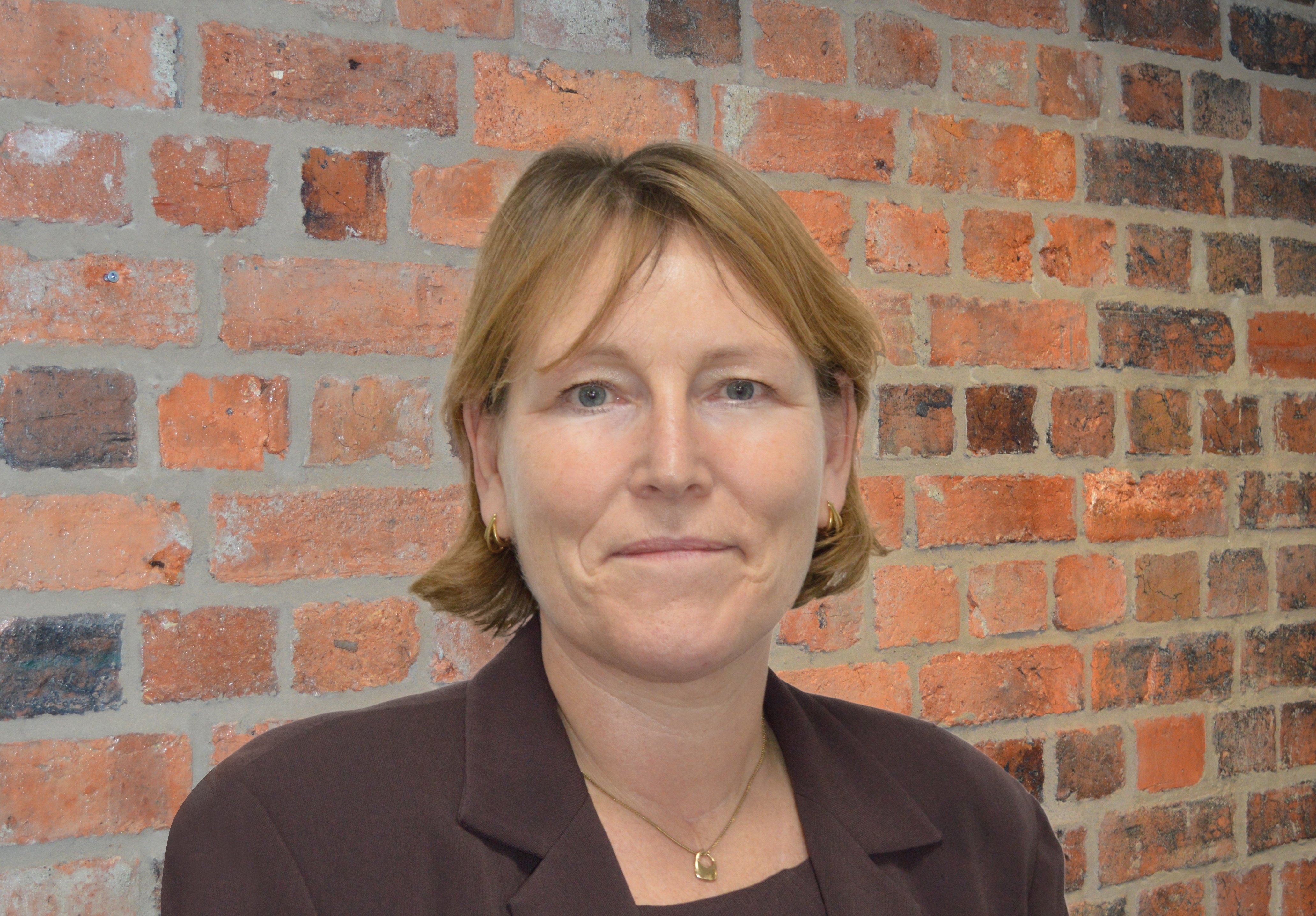
Pension Changes: Amongst the changes announced in George Osborne’s Summer Budget, a key announcement on pensions was made that will undoubtedly affect a large proportion of the medical profession.
Following the reduction of the annual maximum allowance that an individual can contribute into a pension to £50,000 in April 2011 and then to £40,000 from April 2014, it was widely anticipated that this trend would continue. However, Mr Osborne announced that, rather than restricting the annual amount that can be saved across the board, it would be tapered for those with higher incomes.
Under the proposed legislation, individuals with total income exceeding £150,000 will have their annual allowance reduced by £1 for every £2 of income above £150,000. However, this will only occur where individuals are caught by The Threshold Income test and The Adjusted Income test.
The Threshold Income test
When an individual has a ‘Threshold Income’ of £110,000 or less they cannot be subject to the Tapered Annual Allowance.
An individual’s Threshold Income is defined as being an individual’s total taxable income, less certain reliefs which include losses and loan interest paid. For GPs, however, the biggest deduction will be the Superannuation relief, including employee’s, employer’s and Additional Voluntary Contributions (AVCs).
Example 1
Dr Green, a partner in a GMS Practice, has taxable profits of £155,000 and no other income for the 2016/17 Tax Year. Based on these profit levels, her total superannuation contributions would typically be around £39,000.
Her Threshold Income for the tax year is therefore £116,000 (£155,000 - £39,000). In this scenario, as her Threshold Income is greater than £110,000, if she was to also exceed the Adjusted Income test, she would be subject to the Tapered Annual Allowance.
The Adjusted Income test
Adjusted income is calculated as the individual’s Threshold Income plus the Pension Input Amount (PIA) for the year. The PIA is the notional capital growth of an individual’s pension over a period of one year. This is calculated by the NHS Pension Scheme and certificates should be produced and available annually.
Example 2
Following on from Example 1, Dr Green would have to have a PIA of greater than £34,000 (£150,000 - £116,000) in order to be subject to the Tapered Annual Allowance.
As a separate example, Dr Smith, a partner in a PMS Practice, has taxable profits of £140,000. He is a member of the NHS pension scheme and during the year, his Superannuation contributions were £35,000 and his PIA was calculated as £55,000.
In this example, Dr Smith would have Threshold Income of £105,000 and Adjusted Income of £160,000. As Dr Smith has not been caught by both tests, i.e. his Threshold income is below £110,000, he would not suffer a reduction in his Annual Allowance.
The tax charges associated with the annual allowance are not as straightforward as looking at your annual allowance and comparing it to what has been contributed. For all Doctors in the NHS Superannuation scheme, it is the PIA within the scheme that needs to be below the annual allowance to avoid a potential tax charge. GPs with large increases in their income over a year (i.e. when moving from a salaried position to a partner, or moving from part time to full time) or those that continuously receive significant levels of income are likely to experience a higher growth in their pension funds and are therefore more likely to be affected by the changes.
There are other rules that could be utilised, such as unused allowances brought forward from the three previous tax years, however, even if both of the tests are met, there may be other ways in which to mitigate the annual allowance reduction.
Please do not hesitate to contact us if you require any further advice.

Ceri Lewis
Ceri joined Shorts in 2015 with nearly 30 years’ experience helping healthcare clients, especially GP practices. She’s an expert in accounting and tax advice, and was actively involved in the creation and development of AISMA back in 1995. As Healthcare Director, Ceri’s focus is on guiding clients to reach their goals in the most tax-efficient way possible.
View my articlesTags: Healthcare, Private Client
